If you know me you probably know that I love nerding out over new books. If you don’t know me…you now know this fact about me :)
Recently I have become somewhat obsessed with the book “Against Purity: Living Ethically in Compromised Times” by Alexis Shotwell. Shotwell critiques the mainstream (and privileged) idea of individual health (“healthism”). The idea that an individual is responsible for the purity of their “health” and the way we talk about it has profound impacts not just on other humans, but with all species on this planet we live. The idea of “health” in and of itself is not separate from the ableist, racist, heteronormative structures we exist in. Our ideas of what is healthy or normal need to be deconstructed. Shotwell also deconstructs the idea of what it is to be “human”, reminding us that, “[T]he cells in our body are close to 90 percent nonhuman, that we are “mostly microbe,” popularized by research coming out of the Human Microbiome Project.” (Learn more about the benefits of microbiomes HERE).
“Healthism as a possible practice is heavily racialized; people who live at the site of multiple vectors of vulnerability have less possibility for individually managing their health to resist the structural context that produces premature group-differentiated death” -Alexis Shotwell
I have been in a long, complex journey to discover what it means to be a body. I grew up in fundamental, white, Christian evangelicalism’s purity culture. Which is to say I grew up being told that my body was bad, sinful, dangerous, less-than, and generally just something to be disregarded until I got to my “real home” in heaven. This teaching and understanding involved me spending 4 years as a missionary to help “save souls for Jesus”. All the while ignoring the very real and present bodies of Color that I came in contact with, and the systems of oppression they were navigating here and now. I did not know then what I know now about white supremacy, colonialism, and racism. I perpetuated systems of harm, and continually grieve and own my part in these systems. I found as I began to honor my own body, sensations, emotions, and stories I could no longer ignore the bodies of those I was working with. This ultimately led to discontinuing my “work” in Northern Uganda. This has not meant that I am removed from the systems of white supremacy, colonialism, and racism. Shotwell reminds us that we are all entangled in the histories and systems that have been handed to us. I still exist and live on the stolen land of the Duwamish People. Shotwell borrows the concept of Roxanne Dunbar-Ortiz of “‘[U]nforgetting’ as an active resistance to colonialism”. To unforget is to be “against purity” or the purity myths that allow (typically white, middle to upper class, Christian, straight, able-bodied) folks to deny the entanglements in the systems that perpetuate harm disproportionately on bodies of Color, LBGTQ bodies, and disabled bodies.
When we can own the dichotomy that our body is and isn’t our own we can begin to live in ethical ways that honor all bodies. This requires a releasing of hyper-individualistic, capitalistic mindsets and embracing the very real interconnection we have with micro-organisms, amphibians, other mammals, and other so-called humans. An ethic of embodiment requires us to realize that our skin both is and isn’t a boundary to the world around us. There is no way for us to be ‘pure’ or ‘uncontaminated’ by the long history of white supremacy, colonialism, patriarchy, capitalism…you name it…we are in it! We are in a tangled web of individual and collective stories we cannot escape. We can; however, decide how then we want to live. We cannot decide how to live without coming to terms with the very real moment. Ethics begins with telling the whole story of how we got here so that we can realize how the past, present, and future are constantly intertwines with one another.
We must unforget the real stories of the past to write possible stories of flourishing for the future beginning in the present moment.
“A central feature of white settler colonial subjectivity is forgetting; we live whiteness in part as active ignorance and forgetting…forgetting must be an active and ongoing thing.” -Alexis Shotwell
To be against purity is to begin with some questions… (first 2 questions from teaching of Justin Robinson)
Who’s land am I inhabiting?
How did I or my people get here?
What is my access to privilege and power?
What is my ability to buy “pure” or “clean” products? What does this imply about my geographic location? Socioeconomic status?
What is my bias about what it means to be “ethical” as an individual? How can I begin to think more collectively about what it means to live ethically?
Do I think about the farmers who grow and harvest my food? The workers who provide my energy for my house? The service laborers who magically take away my waste? What can I do ethically in light of the exploitation that exists for manual laborers?
Many of us may not even have answers to these questions, and the active ignorance and forgetting becomes very real as we stumble through trying to find them. It may take conversations, research, DNA tests, google searches and more to even begin to scratch the surface of these questions. But this work is necessary and significant. It enables us to be responsible for the body we indwell and the world we inhabit. The messier we allow our stories to be the more we open up to the current entanglements in our bodies, communities, ecologies, systems, and world. An ethic of embodiment is one that invites us to live in to the interconnection we have with all that is.

